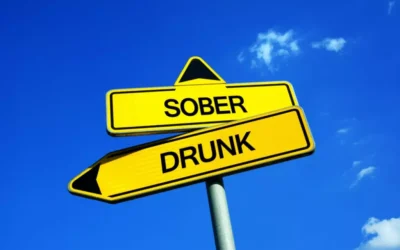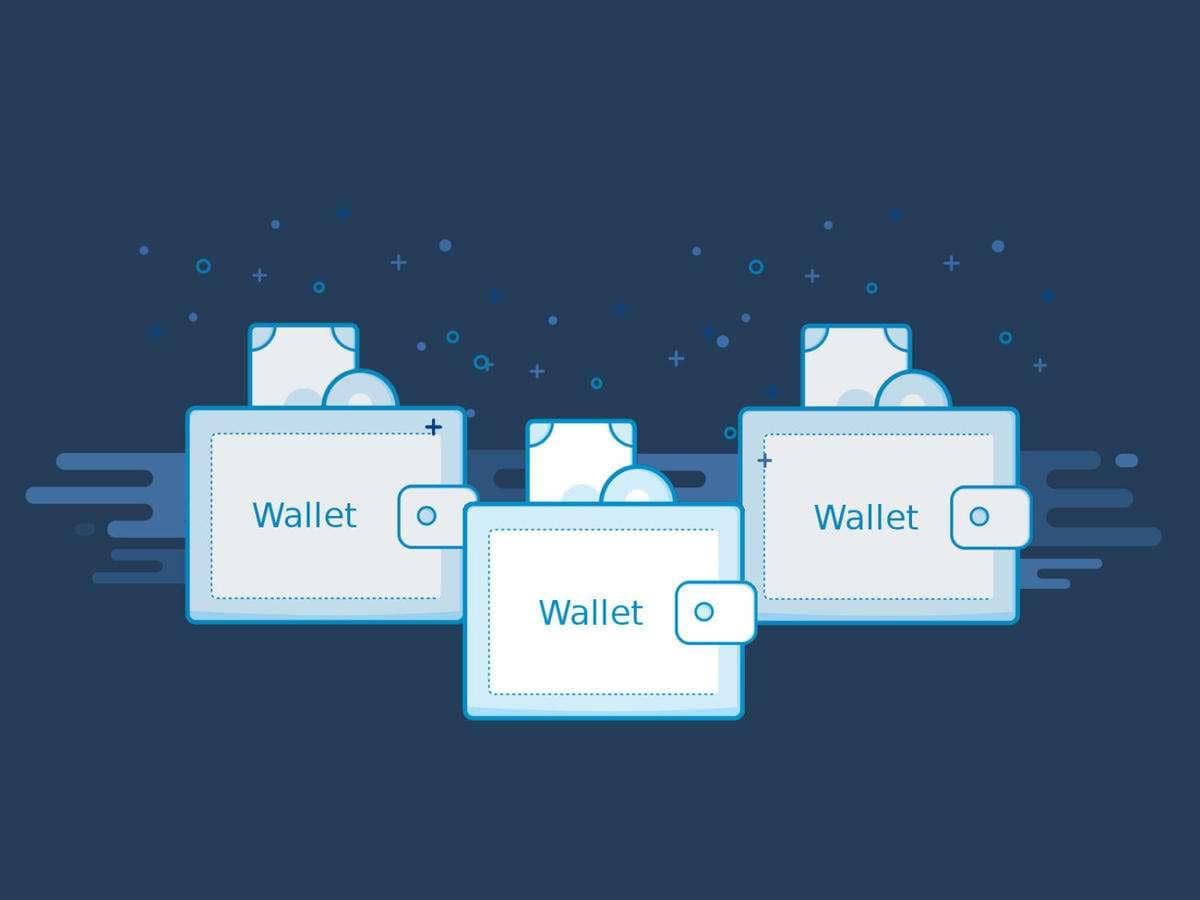Content
But what does this have to do with romantic relationships? Well, from what scientists have found by studying human behavior and neurology, romantic relationships affect the brain in virtually the exact same way as alcohol and drugs. This means it’s very easy to unintentionally substitute a substance-based addiction with an addiction to sex or romance because it all affects the same parts of the brain.
A significant amount of research reveals that healthy relationships have a positive impact on mental health. Poor mental health, alternatively, is often a catalyst or a result of substance abuse. Additionally,toxic relationshipscan also be considered relapse triggers. Substance abuse fundamentally changes your thoughts, emotions, and behaviors in a wide range of ways, meaning you become a different person after you recover. Because those substances acted as a coping mechanism during challenging times, sobriety entails learning new ways of responding to these challenges without using that former crutch.
TYPES OF RELATIONSHIPS THAT NEED REPAIR
You need time to understand the other person and see who they are and how their personality meshes with yours. At times, though, no matter how much effort the couple puts into the relationship, there is no way to continue in a healthy manner. Theserelationships should endfor the well-being of both parties. In codependency, people share the responsibility for the other person’s feelings and actions. If their partner becomes angry and breaks items around the house, the person will believe it is their fault for triggering that reaction. In a relationship after rehab, there will be times where you need to protect yourself and your health. This can take the form of asking someone not to put you in situations that can lead to relapse, such as inviting you out for drinks.

Not all relationships in a client’s life are healthy and positive ones. They’ll end up doing just the opposite —they’ll become a reason for a client to start to slip toward a relapse. People in a client’s life who are still using drugs and alcohol no longer have a place in their life. Neither do those who are, or have been, abusive toward the client. When one person in the family develops a substance abuse issue, it doesn’t solely affect them.
Looking for a place to start?
When I got to Discovery Place my whole life was in shambles, but I didn’t know it. I spent 6 months in their programs, participating in all three phases, and was met with kindness and love all along the way. It is unbelievable to me, where I am now relative to where I was when I arrived at DP. Human beings are social animals and—whether we believe it or not—have many advantages in being around other people.
Recovery Allies – impacted friends and families supporting recovery – LNP LancasterOnline
Recovery Allies – impacted friends and families supporting recovery.
Posted: Tue, 17 Jan 2023 05:00:00 GMT [source]
A healthy relationship is not one-sided or mentally exhausting. Although no one in recovery is immune to the possibility of relapse, those who are new are especially vulnerable. Therefore, informing people to whom you are becoming close that you don’t drink alcohol or use other drugs—sooner rather than later—will help you avoid many risky situations.
Having a Healthy Relationship With Your Higher Power
With persistence, candor, introspection and an open mind, you can help fix a relationship that you might’ve thought was beyond repair. Setting boundaries while dating in early recovery requires compromise and sacrifice to find the proper balance. However, clarifying any limits or expectations you have will ensure you develop the relationship on a solid foundation of trust and honesty.
- The perfect time to start rebuilding relationships with family and friends is in treatment.
- If you spend the time to learn how to repair broken relationships in recovery, it’ll be that much easier to put your plan into action when you’re ready to move in that direction.
- It gives us confidence and comfort to know that we can trust another to be there for us.
- These issues cannot be resolved overnight, even if the client sincerely apologizes for past actions.
- Continue to attend 12-Step meetings, show up to therapy sessions, and put your daily health first (e.g., eating healthfully, getting good sleep, working out regularly, etc.).
Unfortunately, many people in early recovery have a difficult time managing relationships with others. Because of addiction to drugs or alcohol, their lives often revolve around toxicity. Below are five easy tips when it comes to building healthy relationships in recovery. Many people in early sobriety struggle to initially grasp the skills to effectively identify, own and process their emotions and feelings.
The Importance of Healthy Relationships After Rehab
Or, it can take the form of letting someone know that you are not comfortable with them crossing certain lines. Either way, creative boundary setting will help to keep you out of harm’s way. Healthy relationships are beneficial to every stage of recovery. The people closest to us can support and motivate us to stay on track. They can also hold us accountable in a compassionate way when we make mistakes or fall into old habits. Take the time to truly get to know yourself and allow yourself to evolve in recovery before trying to acclimate to the needs and desires of others in relationships.
Each side should calmly explain their needs and respect the other person’s feelings. In addition, being empathetic or placing yourself in someone else’s shoes is another important skill to learn. Understanding someone else’s perspective can help you grow and look at relationships in recovery life through a new lens. Finally, Smith suggests, communicate with those in your recovery network. Talk to your sponsor and your support system, about the relationship itself and the issues that will inevitably arise when you embark on a new emotional adventure.




